Grassroots in Dry Lands
Helene Klodawsky
2015
| 52 min & 89 min 53 s
The Film
Set in Palestine, Israel and Jordan, Grassroots in Dry Lands reveals a unique human-rights-based approach to democratic change taking root in neighbourhoods across the region. This intimate documentary, filmed in radiant warm light in homes, streets and community centres, takes us into the world of social workers who struggle to apply university-taught ideals to realities on the ground. They are building hope through their commitment to social change and their belief that all peoples of the region deserve the same rights.
Seasoned filmmaker Helene Klodawsky spent five years gaining the trust of her characters and brings her knowledge of the region to bear on the complex issues at hand. She delivers an original, unprecedented perspective on the Middle East. Rather than focus on top-down peace initiatives, the film shows how seeds planted by passionate activists and their armies of community organizers, psychologists, lawyers and volunteers are taking root and producing hope for lasting change.
Set in Palestine, Israel and Jordan, Grassroots in Dry Lands reveals a unique human-rights-based approach to democratic change taking root in neighbourhoods across the region. This intimate documentary, filmed in radiant warm light in homes, streets and community centres, takes us into the world of social workers who struggle to apply university-taught ideals to realities on the ground. Helene Klodawsky, who spent five years gaining the trust of her characters, brings her long experience as a filmmaker and knowledge of the region to bear on the complex issues at hand. Her passionate characters build hope within a strife-torn region through their commitment to social change and belief that all peoples of the region deserve the same rights.
Nuha Dwaikat Shaer is an architect and social worker in Nablus, Palestine. She grew up under the Occupation, sharing a one-room home with her family of 10 and hoping the actions of her rock-throwing compatriots would bring substantive change. Since completing her studies, she has worked through the An Najah Community Center in the housing rehabilitation program, helping people reclaim and rebuild houses, and their lives in the process. Dr. Salim Kilani, founder of the centre, is a former Amnesty prisoner of conscience who spent three years in Israeli prisons. He is also a poet and educator who believes that social and political rights must be fought for simultaneously by Palestinians living under occupation.
Sderot, southern Israel, is a city that wrestles with trauma and poverty. It is an area of intense recent immigration, mostly by low-income, elderly and handicapped Jewish immigrants from countries such as Morocco, the former Soviet Union, and Ethiopia. Sderot is a frequent target of Qassam rockets from nearby Gaza, which has been under siege and occupation for decades. Increases in Israeli military spending, and subsidies to settlements in the Occupied Territories, have eaten away at social programs in cities such as Sderot. Community organizer Amit Kitain and social worker Merav Moshe Grodovsky are colleagues at the Sderot Center for Social Rights. Along with teams of volunteers, they ply the city’s streets day and night responding to communities frustrated by poverty and neglect.
Travelling to Amman, Jordan, we meet Dr. Talal Qdah, who runs the WAQA Community Development Center, a non-sectarian organization that encourages people, mostly women, to claim their rights, to speak out against violence at home and in society, and to challenge legal, political and religious forces. We follow the centre’s efforts to help Syrian refugees, as well campaign against Jordan’s controversial rape laws.
In observational style, but with in-depth access, the film shows these skilled civil society activists at work, helping people through crises, accompanying them to official meetings, encouraging them to stand up for their rights, whether in the home or in relation to government institutions. We witness the shared challenges and a common strategy of building from the inside out—a strategy that empowers people to effect change, first in themselves and ultimately in their communities.
Characters also reveal their personal motivations, the ideas that have shaped their practice, and their doubts. For Nuha, poverty feeds war, especially with children who provide its soldiers, its martyrs, its prisoners. Amit’s convictions were nurtured in the Jewish-Arab, bi-national community near Jerusalem where he grew up. He struggles to develop a discourse on rights-based community work in an environment where discrimination and racism are the norm, and Palestinians and Israeli Jews are not treated equally.
Talal Qdah embodies many of the contradictions that have shaped the region. At 18, he joined the Iraqi military to get a free education, then fought as a volunteer for eight years in the Iran-Iraq war. His experience turned him into a pacifist. “To create a culture of peace, I must start with social justice,” he says. This echoes the view of Merav, who argues that basic rights are as important as security. Fulfilled needs, she says, enable peace inside and between people, necessary before a larger, regional peace agreement can be reached.
Grassroots in Dry Lands delivers an original, unprecedented perspective on the Middle East. We do not see rockets flying, but we do see the impact of war on ordinary families struggling to survive. Rather than focus on top-down peace initiatives, which have mostly failed, the film shows how seeds planted by Talal, Nuha, Amit, Merav and Talal, and their armies of community organizers, psychologists, lawyers and volunteers of all stripes, are taking root and producing hope for lasting change.
Director's Statement
Raised in a home of Jewish Holocaust survivors, I discovered early on the importance of bearing witness to injustice. In my first feature documentary, Shoot and Cry (1988), I explored the life of a young Israeli conscript serving in the Occupied Territories, and how his path intersected that of a Palestinian youth from Jenin working illegally in a Jewish-Israeli cafe. Growing up in a conservative Jewish neighbourhood in Toronto, I had important questions to share with my community—especially during a time when support for a Palestinian state and Palestinian human rights were rarely discussed in North American living rooms. Broadcasts and screenings of Shoot and Cry provoked lively debate.
Following Shoot and Cry’s release I remained a Middle East news junkie. I authored many internationally themed films, yet felt the important job of making documentaries on the Middle East should be left to local creators. Hence, in 2009, I surprised myself by embarking on another project on the region and its conflicts.
Grassroots in Dry Lands began when I met McGill University Professor Jim Torczyner who, for over a decade, had used his Montreal classroom to help prepare social workers from Palestine, Jordan and Israel to be agents of change in some of the poorest and most polarized neighbourhoods in the Middle East. Between 2008 and 2014, I shadowed a number of these social work graduates in their home countries, exploring both personal histories and the struggles of their constituents. Grateful for their student days in Montreal, Nuha Dweikat Shaer and Sami Kilani (in Nablus, Palestine), Amit Kitan and Merav Moshe (in Southern Israel), and Talal Qdah (in East Amman, Jordan) entrusted me with their stories. They showed me why and how working with disenfranchised families is key to building civil society in conflict zones.
Nuha, Sami, Amit, Merav, and Talal provide rare, in-depth access to communities off the radar of most media. Grassroots in Dry Lands reveals what they shared with me: that those hit hardest by war and conflict—be they in Israel, Palestine or Jordan—are most often the poor and most vulnerable. Yet because of their “bottom-rung status,” such Israelis, Palestinians and Jordanians have much more in common than their politicians would like them—or us—to believe.
I was deeply inspired by my characters’ vision of a shared future—a future where all peoples of the region, irrespective of class, ethnicity or religion, enjoy the same rights. I am forever grateful to have seen how they work with interminable courage, hope and conviction towards this Herculean goal.
Helene Klodawsky
Montreal, September 10, 2015
Trailer
Promotional Materials
Team
Helene Klodawsky
Director
Photo
Photo : John Lucas
Nathalie Barton
Producer, INFORMACTION FILMS
Photo
Kat Baulu
Producer
Photo
Photo : NFB
Ravida Din
Executive Producer
Photo
Photo : Michael Cooper
Images
Loading...
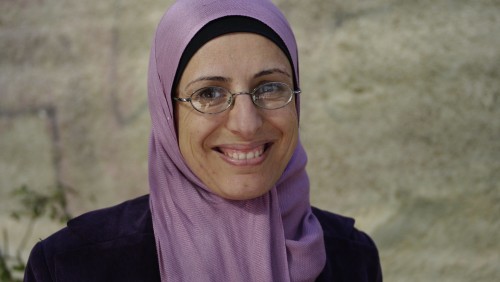 Photo: John Lucas
Photo: John Lucas
Download
Loading...
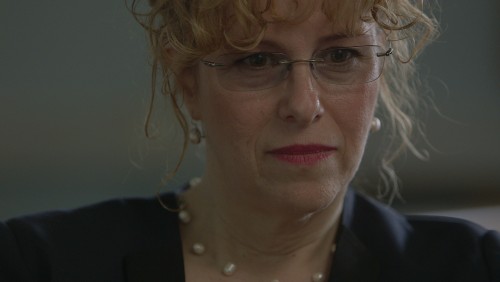 Photo: Alex Margineanu
Photo: Alex Margineanu
Download
Loading...
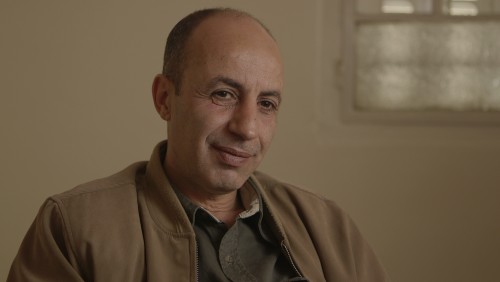 Photo: Alex Margineanu
Photo: Alex Margineanu
Download
Loading...
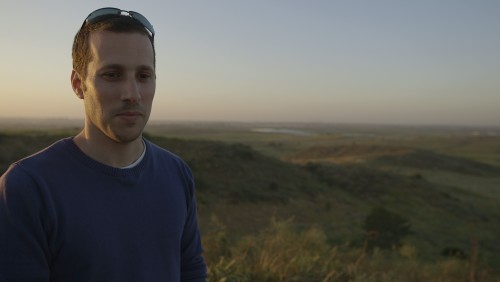 Photo: Alex Margineanu
Photo: Alex Margineanu
Download
Loading...
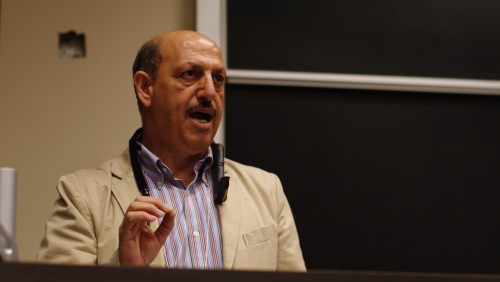 Photo: John Lucas
Photo: John Lucas
Download
Loading...
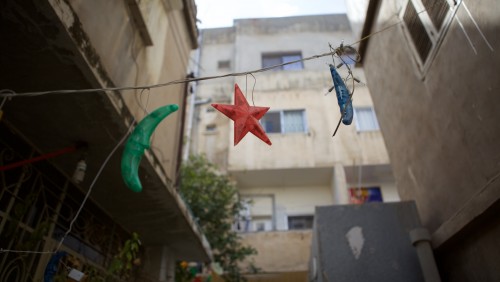 Photo: Alex Margineanu
Photo: Alex Margineanu
Download
Loading...
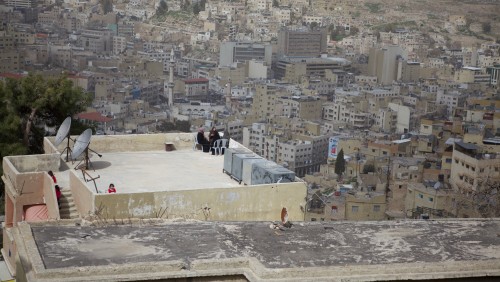 Photo: Alex Margineanu
Photo: Alex Margineanu
Download
Loading...
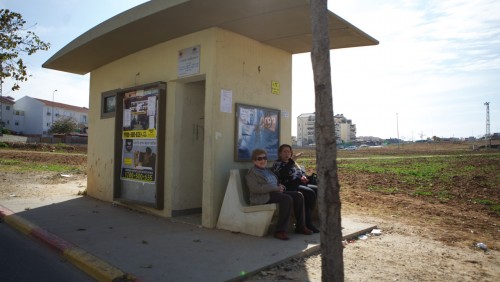 Photo: Helene Klodawsky
Photo: Helene Klodawsky
Download
Loading...
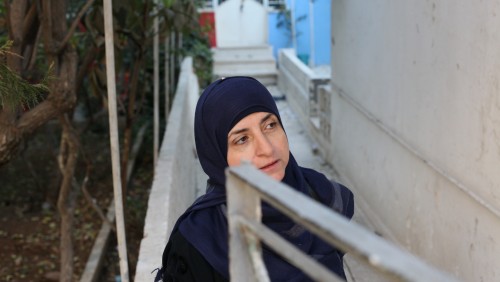 Photo: Alex Margineanu
Photo: Alex Margineanu
Download
Credits
Written, Directed and Narrated by
Helene Klodawsky
Produced by
Nathalie Barton, Kat Baulu, Ravida Din
Cinematographer
Alex Margineanu
Editor
Hannele Halm
Music by
Olivier Alary
Sound Design
Benoît Dame
Catherine Van Der Donckt
with the participation of:
Jordan
Talal Qdah,
Rimaa Muhamed
Israel
Amit Kitain
Merav Moshe Grodofsky
Palestine
Sami Kilani
Nuha Dwaikat Shae
Canada
Jim Torczyner
Cinematographer
Alex Margineanu
Research
Helene Klodawsky
Jodi Hope Michaels
David Leduc
Alex Margineanu
Additional Images
François Dagenais
Location Sound
Jordan
Sarah Kaskas
Israel
Yishai Ilan
Amir Boverman
Palestine
Issam Rishmawi
Shiraz Rishmawi
Camera Assistant
Palestine
Hisham Aerout
Production Assistants and Location Research
Jordan
Serene Husni
Israel
Nava Mizrahi
Palestine
Najwa Mubarki
Nidal Rafa
Original Music
Olivier Alary
Sound Design and Editing
Benoît Dame
Catherine Van Der Donckt
Narration Coach
Catherine Van Der Donckt
Foley
Stéphane Cadotte
Foley Assistant
Sylvain Robillard
Still Photography
John Lucas
Serene Husni
Alex Margineanu
Translations
Serene Husni
Sharonne Cohen
Additional Translation
Tomer Gendler
Waleed Almusharaf
Ali Alousi
Transcriptions
Serene Husni
Sharonne Cohen
Hélène Laporte-Rawji
Image and Post-Production
Post Moderne
Post-Production Supervisor
Anne-Marie Bousquet
Post-Production Coordinator
Myriam Therrien
Assistant Editors
Olivier Deslauriers Prud’homme
Amélie Labrèche
Olivier Lamarre
Franck Le Coroller
Stéphanie Vaillancourt
Marie-Ève Vignola
National Film Board of Canada
Post-Production Coordinator
Jean-François Laprise
On-line Editor and Colourist
Yannick Carrier
Graphic Design
Mélanie Bouchard
Digital Editing Technicians
Isabelle Painchaud
Pierre Dupont
Patrick Trahan
Re-Recording and Voice Recording
Geoffrey Mitchell
Mix
Jean Paul Vialard
Production Coordinators
Camila Blos
Shiraz Janjua
Christine Williams
Senior Production Coordinator
Isabelle Limoges
Program Administrator
Leslie Anne Poyntz
Special Thanks to Producer
Maral Mohammadian
For Production Collaboration
InformAction
Production Coordinator
Virginie Neveu
Production Accountant
Martine Brunelle
Production Manager
Ian Quenneville
Marketing Manager
François Jacques
Produced in Association with
Creative Head,
documentary Channel Bruce Cowley
Production Executive,
documentary Channel Jordana Ross
Executive Producers
Nathalie Barton, Annette Clarke
© 2015 Produced by InformAction Films in co-production with the National Film Board of Canada
Media Relations
-
About the NFB
Founded in 1939, the National Film Board of Canada (NFB) is a one-of-a-kind producer, co-producer and distributor of engaging, relevant and innovative documentary and animated films. As a talent incubator, it is one of the world’s leading creative centres. The NFB has enabled Canadians to tell and hear each other’s stories for over eight decades, and its films are a reliable and accessible educational resource. The NFB is also recognized around the world for its expertise in preservation and conservation, and for its rich and vibrant collection of works, which form a pillar of Canada’s cultural heritage. To date, the NFB has produced more than 14,000 works, 7,000 of which can be streamed free of charge at nfb.ca. The NFB and its productions and co-productions have earned over 7,000 awards, including 11 Oscars and an Honorary Academy Award for overall excellence in cinema.